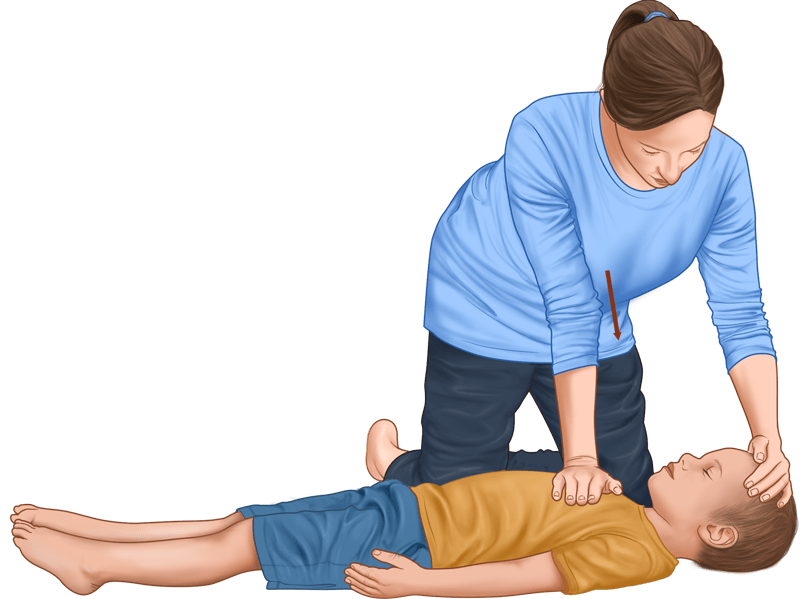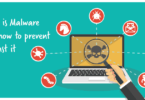Have you ever wondered what makes a parent so jumpy? Why are they always on the lookout for their children? It’s because children have a knack for falling into trouble. When a child comes into this world, they do not know about the things around them. A child does not even know how to chew food till a certain age. They are delicate, and the tiniest accident involving them could cause their parent’s heart to stop. This article looks into the life of parents and why they must enroll in CPR trainings.

Risky Situations for Children
Children enjoy playing in the open and are social beings. But, they are still unaware of their physical strength. Children may hurt themselves through their actions or through no fault of their own. Some of the below-mentioned situations could prove risky for your child.
- Swimming Unsupervised: Water is one of the most loved elements by most children. But, it could also prove dangerous. Unsupervised swimming poses the risk of drowning due to injury or muscle contraction. Some children also experience heart failure during stressful swimming sessions.
- Fear of Falling and Loud Noises: While children innately fear falling, they tend to defy their senses and love jumping around. A fall of any kind could cause severe injuries to the body. Most children do not like loud noises. A sudden tire bust could send their tender hearts into shock.
- High-intensity Sports: Every child must play a sport. But, they need the correct physical and mental health. Playing unsupervised or undertaking high-intensity activities causes a fast heartbeat. A pacing heart could prove fatal if left unchecked.
- Underlying Diseases: Some children have physical issues that go unnoticed. A child may have compromised lung functioning but does not know about it yet. S/he could get breathless or stop breathing altogether during a school race.
- Congenital Disabilities: Such issues are a common occurrence. They could affect the heart, lungs, or any body organ. Children with such issues are at a high risk of having a medical emergency.
Precautions for parents with Children
Once you step into parenthood, life takes a detour no one prepares you for. Despite the number of training sessions you take, things still seem out of place. Every child has an individual personality and will grow up differently. As parents, all you can do is take precautions to give them a safe future. Below mentioned are some such precautions that could keep them from life-threatening situations.
- Keep your children indoors after dark. Children trust people easily and do not understand deceit. Their innocence could land them with the wrong set of people.
- Let your child participate in as many physical activities as they like. Always have their sports coach supervise their playtime. This person should have proper CPR training to assist the child in case of cardiac arrest.
- Imagine sitting at a restaurant for dinner, and your child starts choking over a fruit. Without the proper training, you would scream and hope someone could help you. So, every parent must also learn basic first aid skills and child CPR.
- Always ensure the swimming pool your child enters has a lifeguard on duty. This situation holds for trips to the beach as well. In case of an accident, you need an expert to save your child’s life.
Learn CPR and stay prepared
They become your responsibility when you bring a child into this world. Hence the first people to learn life-saving skills should be the parents. The CPR technique is not complex, but you need extra strength as a parent to deliver it. You must focus on getting your child’s heartbeat back rather than have a meltdown. It would help if you took CPR training to create a trustworthy and safe environment for your children. Child CPR includes the following steps.
- Check the child for signs of breathing.
- Ask someone to call the Emergency Response Team while you assist the child.
- Keep talking to the child to reassure them that you will help and are there with them.
- Lay the child down on their back and tilt the neck slightly backwards.
- Blow two puffs of air into their mouth till the chest slightly inflates. Refrain from pushing air very firmly.
- Next, use only one hand to compress the heart and try to mimic the heartbeat. Repeat the technique twice and deliver 120 compressions per minute.
- Once the child gains consciousness, reassure them of your presence. You should request them to keep lying down and breathing deeply.
- The child might want to jump up and hug you, but as a parent, you must ask them to breathe first.
When to perform CPR on Children?
Resilience is an inbuilt trait in most children. Their bodies grow and fight against all odds. However, some below-mentioned situations may require you to administer emergency CPR to a child.
- Any internal injury could pose a threat to the child’s life. A fall may cause the child’s system to shock, resulting in cardiac arrest. Hence it would help if you put them into observation for a while after any injury.
- Drowning at the beach or the pool causes the lungs to fill up with water, resulting in a failed heart. You must cover their body with a dry cloth before starting the process.
- Suffocating prevents the body from getting oxygen; the heart is the first to get affected. It stops beating and results in the body’s gradual decline in totality. A child could also suffocate in a house fire due to excess carbon dioxide.
- If your child chokes on the food, they could get unconscious before you realize it. As a first aider, you must check their vitals and administer the Heimlich Maneuver. Your next step involves giving CPR to ensure the heart starts pumping blood.
Conclusion
Children need support and protection from their parents to grow into strong humans. Every parent should equip themselves with life-saving information. Such knowledge could help their child in any unforeseen medical emergency. The American HealthCare Academy offers many CPR training sessions for bystanders. They have a particular segment on Child CPR as well. Register on the AHCA website today and take the first step towards parenthood.







Leave a Comment
You must be logged in to post a comment.